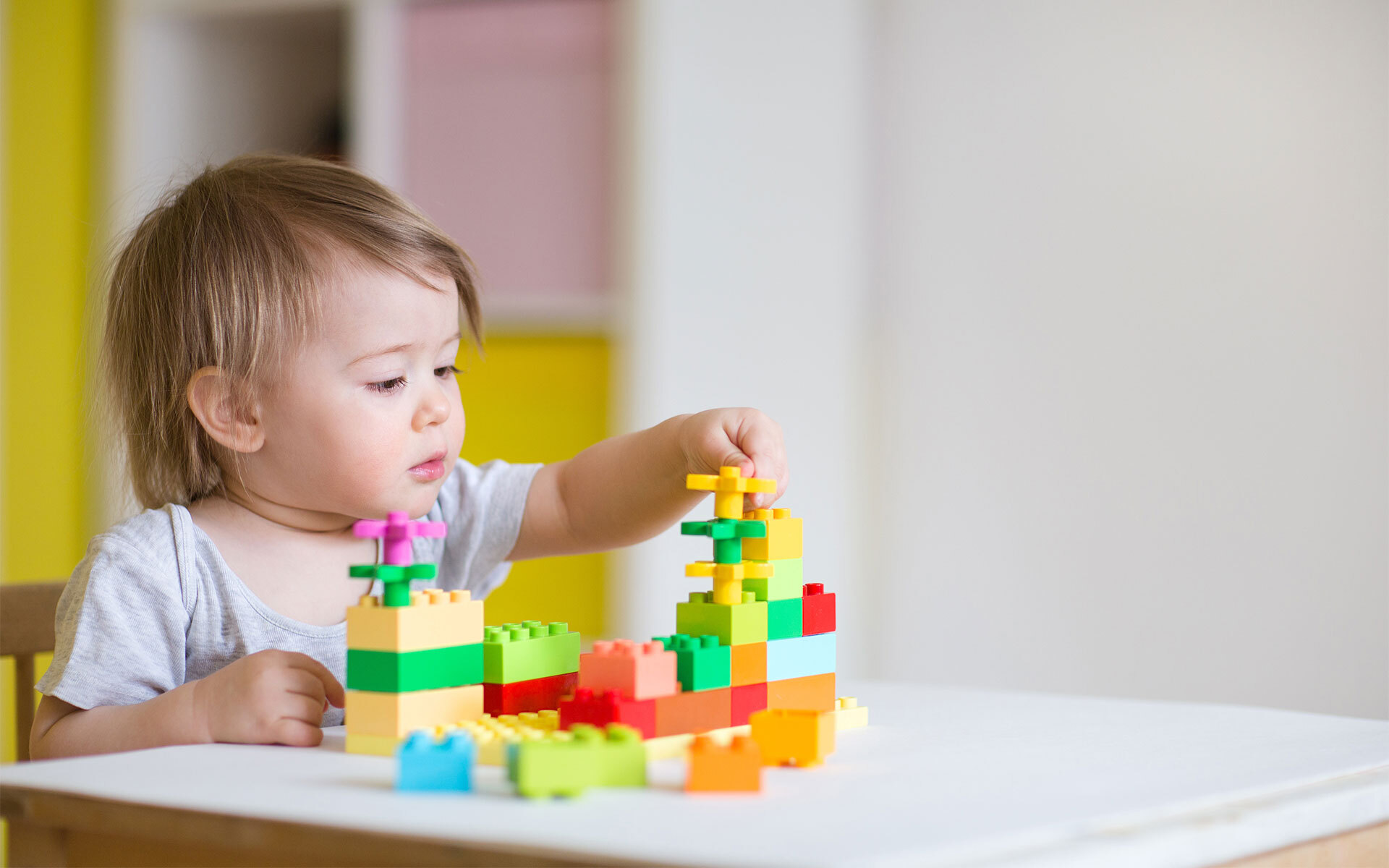
Motor skills are essential for everyday activities, from tying shoelaces to playing sports. They involve the coordination of muscles and the brain to perform specific tasks. Fine motor skills require precision, like writing or buttoning a shirt, while gross motor skills involve larger movements, such as running or jumping. Developing these skills starts in infancy and continues through childhood. Practicing different activities can enhance motor skills, making tasks easier and more efficient. Understanding motor skills helps in recognizing developmental milestones and addressing any delays early. Ready to learn some intriguing facts about motor skills? Let's dive in!
Key Takeaways:
- Motor skills are divided into two categories: gross and fine. Gross motor skills involve big movements like walking, while fine motor skills require precision, like writing.
- Practice makes perfect! Repetition and outdoor play are key to mastering motor skills. So, get moving and have fun while improving coordination and strength.
Understanding Motor Skills
Motor skills are essential for everyday activities. They involve the coordination of muscles and the brain to perform tasks. Let's dive into some interesting facts about motor skills.
-
Motor skills are divided into two categories: gross and fine. Gross motor skills involve large muscle movements like walking or jumping. Fine motor skills require precision, such as writing or buttoning a shirt.
-
Babies start developing motor skills in the womb. Movements like kicking and stretching help strengthen muscles even before birth.
-
Tummy time is crucial for infants. It helps develop neck and shoulder muscles, which are important for later motor skills like crawling and sitting.
Development of Motor Skills
Children develop motor skills at different rates. Various factors influence this development, including genetics, environment, and practice.
-
Milestones are guidelines, not rules. While most children follow a general timeline, each child is unique. Some may walk earlier, while others might take their time.
-
Practice makes perfect. Repetition and practice are key to mastering motor skills. Activities like playing with blocks or drawing can enhance fine motor skills.
-
Outdoor play boosts motor development. Activities like climbing, running, and playing catch help improve coordination and strength.
Motor Skills and Learning
Motor skills are closely linked to learning and cognitive development. They play a significant role in a child's ability to explore and interact with their environment.
-
Hand-eye coordination is vital for reading and writing. Skills like tracking words on a page or holding a pencil are rooted in motor development.
-
Physical activity enhances brain function. Exercise increases blood flow to the brain, improving concentration and memory.
-
Motor skills impact social skills. Playing games and sports helps children learn teamwork, communication, and problem-solving.
Challenges with Motor Skills
Some children face difficulties with motor skills. These challenges can affect their daily lives and academic performance.
-
Developmental Coordination Disorder (DCD) affects motor skills. Children with DCD may struggle with tasks like tying shoes or riding a bike.
-
Early intervention is crucial. Identifying and addressing motor skill issues early can help children develop strategies to cope and improve.
-
Occupational therapy can help. Therapists work with children to develop motor skills through targeted activities and exercises.
Enhancing Motor Skills
There are many ways to support and enhance motor skill development in children. Engaging activities and exercises can make a big difference.
-
Playdough and clay activities strengthen hand muscles. Manipulating these materials helps improve fine motor skills.
-
Puzzles and building blocks enhance problem-solving and coordination. These activities require precise movements and spatial awareness.
-
Sports and physical activities build gross motor skills. Activities like swimming, soccer, and gymnastics improve strength, balance, and coordination.
Motor Skills in Adults
Motor skills continue to be important throughout life. Adults also benefit from activities that maintain and improve these skills.
-
Exercise keeps motor skills sharp. Regular physical activity helps maintain coordination, balance, and strength.
-
Hobbies like knitting or playing an instrument enhance fine motor skills. These activities require precision and dexterity.
-
Brain games and puzzles keep the mind and body active. Engaging in mentally stimulating activities can improve overall motor function.
Interesting Facts about Motor Skills
Motor skills are fascinating and complex. Here are some intriguing facts that highlight their importance and versatility.
-
Mirror neurons play a role in learning motor skills. These neurons fire both when performing an action and when observing someone else do it.
-
Motor skills can be affected by emotions. Stress and anxiety can impact coordination and performance.
-
Sleep is crucial for motor skill development. During sleep, the brain processes and consolidates new motor skills learned during the day.
-
Nutrition impacts motor skills. A balanced diet provides the necessary nutrients for muscle and brain function.
-
Motor skills decline with age. Regular exercise and mental stimulation can help slow this decline.
-
Technology can aid motor skill development. Interactive games and apps designed for motor skills can be beneficial, especially for children with developmental challenges.
-
Motor skills are linked to overall health. Good motor function is associated with better physical health and quality of life.
Final Thoughts on Motor Skills
Motor skills play a crucial role in our daily lives, from tying shoelaces to playing sports. Understanding fine motor skills and gross motor skills helps us appreciate the complexity of human movement. Fine motor skills involve small muscle movements, like writing or buttoning a shirt. Gross motor skills, on the other hand, involve larger muscle groups, such as running or jumping.
Developing these skills early in life sets the foundation for future physical activities and overall well-being. Activities like playing with blocks, drawing, or participating in sports can significantly enhance motor skills in children. For adults, staying active and engaging in hobbies that require coordination can keep these skills sharp.
Remember, practice and patience are key. Whether you're helping a child develop their motor skills or working on your own, consistent effort makes a big difference. Keep moving, stay active, and enjoy the benefits of well-honed motor skills.
Frequently Asked Questions
Was this page helpful?
Our commitment to delivering trustworthy and engaging content is at the heart of what we do. Each fact on our site is contributed by real users like you, bringing a wealth of diverse insights and information. To ensure the highest standards of accuracy and reliability, our dedicated editors meticulously review each submission. This process guarantees that the facts we share are not only fascinating but also credible. Trust in our commitment to quality and authenticity as you explore and learn with us.


